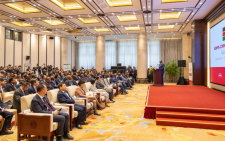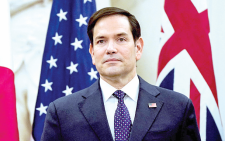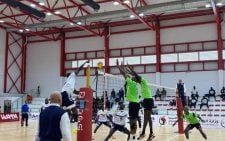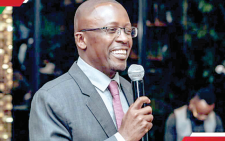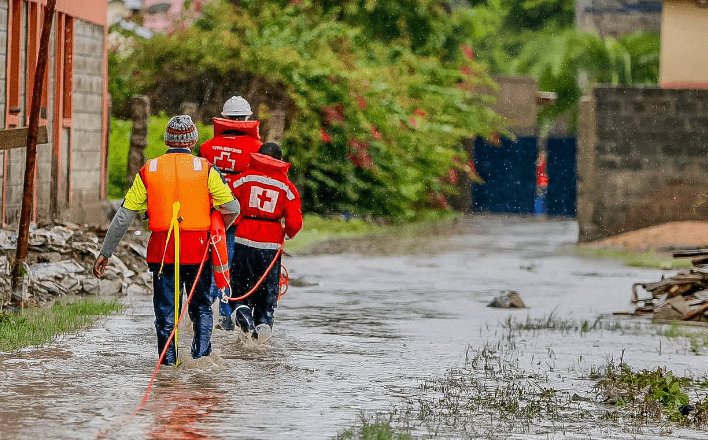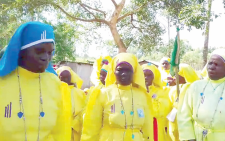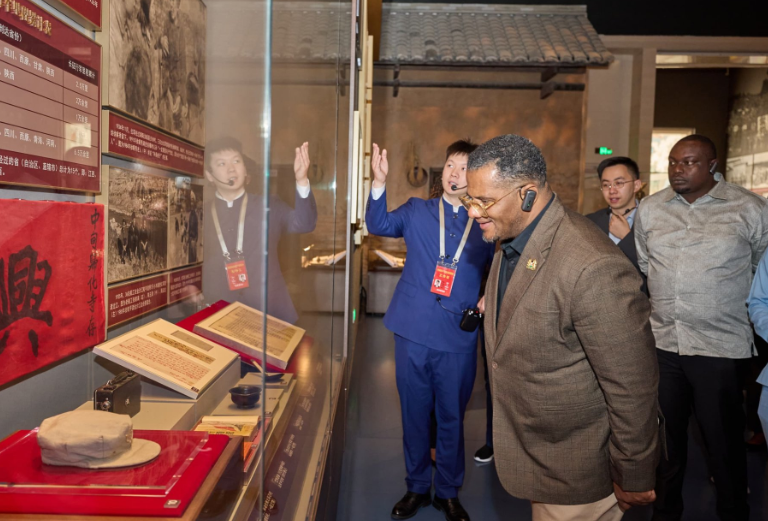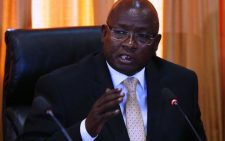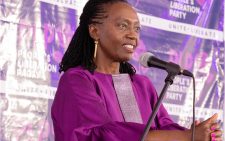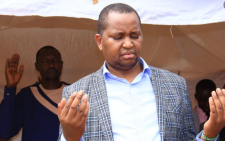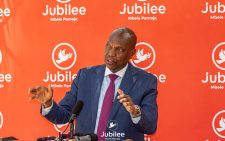DPP’s withdrawal of high profile suits sparks fury
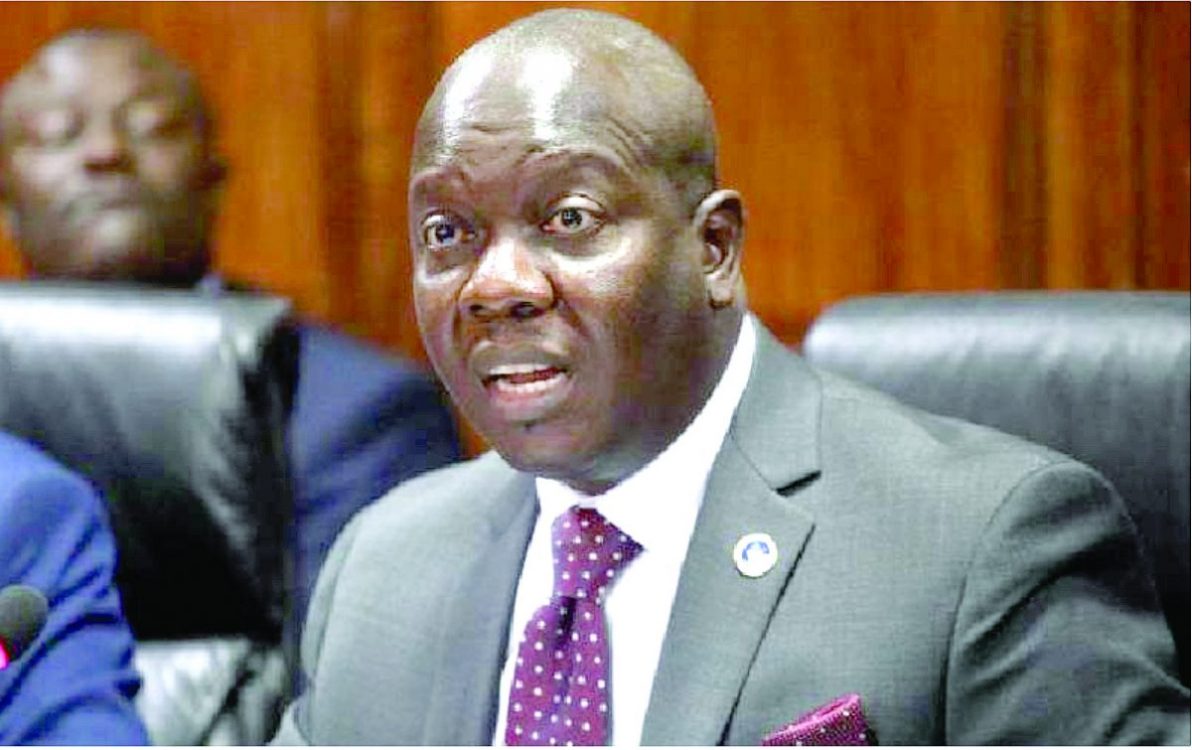
The Director of Public Prosecutions (DPP) boss Renson Ingonga is on the spot over his penchant to withdraw high-profile cases involving persons linked to the Executive, raising questions over the independence of his office.
Many are the times Ingonga’s office has locked horns with various judges and magistrates after he has applied to withdraw cases of high-public interests without proper justification to the public and the Judiciary.
Barely five months after Ingonga was sworn into office as the State prosecutor in September last year, he has okayed the withdrawal of multiple corruption related cases worth nearly Sh100 billion, a move that has precipitated murmurs over his relationship with the President William Ruto’s administration.
Over the last three months, the DPP has either abandoned or withdrawn several graft related cases touching on former Treasury CS Henry Rotich, KRA chairman Anthony Mwaura, former Nairobi Governor Mike Sonko, former Kenya Pipeline Corporation boss Charles Tanui, Kenya Pipeline Corporation Chief Engineer Josephat Kipkoech Sirma and former Geothermal Development Company(GDC) Managing Director Silas Simiyu.
Perhaps in their distaste for the emerging trend, High Court judge Justice Nixon Sifuna and magistrates Victor Wakumile and Eunice Nyutu have gone to the length of proposing the formation of an independent body to oversight the DPP.
The three court officials have on separate occasions observed that the DPP move “is not only unorthodox, but also a vice that the prosecutors need to urgently start disabusing themselves of”.
“Regrettably, this practice is increasingly gaining notoriety and becoming fashion in Kenya’s prosecutors. This ruling should be a clampdown on that practice,” Justice Sifuna recently observed.
In the Kimwarer case, Nyutu accused the ODDP of failing to lead the case. Rotich was swiftly appointed as Ruto’s economic adviser after the acquittal.
Justice Sifuna describe the DPP’s move as “a laundry manner of prosecution practice that is steadily, undesirably and notoriously taking root in Kenya”, especially in terminal withdrawals.
Kenya Human Rights Commission (KHRC) now wants the prosecution team that handled the Arror and Kimwarer case removed from office, through any legal means. KHRC said the management of the case exemplified “prosecution-assisted acquittals.”
“DPP Renson Ingonga must know that prosecutorial powers are not a plaything that can be exercised at whims between his office and political power holders to absolve suspects with political connections,” said KHRC after the Kimwarer acquittals.
“Various stakeholders, including the civil society, Judiciary, and the public, have consistently voiced concerns regarding the ODPP’s handling of high-level criminal cases, especially those with political connections,” KHRC said.
The Ethics and Anti-Corruption Commission (EACC) has also not taken Igonga’s moves lying down.
Yesterday, the standoff between the two played out in an open court after the DPP filed an application seeking to drop charges against Simiyu six days after he had sought to collapse a case against former Kenya Pipeline boss Charles Tanui.
Last Friday, and yesterday, the chief prosecutor and the commission clashed publicly in court over attempts to terminate Sh1.7 billion graft case against former GDC Managing Director Silas Simiyu and former Kenya Pipeline boss Charles Tanui.
Founding statute
According to Article 157, the founding statute, the DPP shall not require the consent of any person or authority for the commencement of criminal proceedings and in the exercise of his or her powers or functions.
The Constitution is also clear that the office holder shall not be under the direction or control of any person or authority.
In the two cases, the DPP says his decision to drop the case against Simiyu and Tanui is premised on insufficient evidence to prove the accusations against them.
But the commission has opposed the DPP’s move to save the duo, arguing that it is an abuse of the legal process and not made in the public interest and in the interest of the administration of justice.
Yesterday in the case of Simiyu, though the application for withdrawal was not canvassed after the defence team sought time to file responses, EACC through lawyer Hassan Muhamud, filed an affidavit vehemently opposing the prosecution decision to terminate the case arguing the move was against the Supreme Court’s decision that had ordered the case to proceed to its logical conclusion.
“The accused persons herein had unsuccessfully challenged their prosecution all the way to the Supreme Court but on January 27, 2023, the Supreme Court dismissed their final appeal and ordered that the trial pending before this court to continue to its conclusion and on a priority basis,” Muhamud says
While vouching for the court to disallow the withdrawal, the Commission said that following the directive given by the Supreme Court in its judgement the only option available is to have the case proceed to its logical conclusion.
“The grounds raised by the DPP for withdrawal of the charges specifically on the aspect of market survey had been canvassed in the court of appeal and Supreme Court and the Courts held that they are triable issues,” lawyer Muhamud stated.
The anti-graft agency further observed that late last month the High Court made a finding regarding the recent trend by the DPP on withdrawal of cases asserting that the task of analysing evidence adduced in a case and finally pronouncing whether the accused is guilty or innocent belongs to the court itself (the judicial officer presiding at the trial) and not the parties or the litigators.
“By a ruling delivered on January 31, 2024, the Anti- Corruption High Court Judge Justice Sifuna clamped down on unjustified withdrawal of graft cases declaring that it is the duty of the Court (not ODPP) to determine the sufficiency of evidence on matters before it or the innocence of the accused,” EACC lawyer said.
The DPP wants the court to allow him drop the case against Tanui and his former workmates Nicholas Weke, Peter Omenda and Caleb Indiatsi under section 87(a) of the Criminal Procedure Code (CPC) on grounds of inadequate evidence to prove that the allegations of fraudulently procuring the Rig Move services to a cost of Sh42,746,000 per Rig Move, was against the market price of Ksh15,000,000 each.
“Upon review of the evidence and the issues raised by Simiyu, it came to the attention of the DPP that there was insufficient evidence to confirm that the Rig move price was exaggerated, since it was unclear whether Geothermal Development Cooperation conducted a market survey to establish the market price for Rig Moves and the same was communicated to the Evaluation committee,” Senior Principal Prosecution Counsel Duncan Ondimu said.
The withdrawal of case amounting to billions of shillings, according to legal experts, could be a pointer that the DPP has not been working independently in the prosecution of cases in court and may have been acting under duress from some unforeseen forces.
New government
“The reason for the withdrawal of cases against suspects recently appointed in the new government is coming in as fast as it is worrying. One wonders why the cases which were instituted two to five years ago are now being dropped. The bigger picture Ingonga is now sending to the country is that he is not independent. He is satisfying the interests of some characters and not acting in accordance to the rule of law, “a senior government official, who declined to be named due to the sensitivity of the matter, told People Daily.
“It worrying that just a few months into office Ingonga is following in the footsteps of former DPP now NIS boss Noodin Haji. The court has in the recent past condemned the DPP’s tendency of withdrawing cases on grounds that he has no powers to determine the sufficiency of evidence or innocence of suspects. It is a high time he changed his tracks,” the lawyer stated.
Last Friday, the DPP sought to withdraw the Sh 30 million graft case against Tanui, a bid that was rejected by EACC.
This is after EACC vehemently opposed the withdrawal, saying it would amount to abuse of the court process and a waste of judicial time as the matter is at the tail end with the Investigating Officer set to testify.
“In as much as the DPP has the discretion to withdraw matters at any given point, that discretion must be exercised judiciously. The DPP cannot withdraw a case without having due regard to public interest and the interest of justice,” EACC advocate Dona Maranga stated.
In his ruling, Magistrate Victor Wakumile concurred with EACC and declined to drop the case against Tanui.
“I am totally in agreement with EACC that the DPP’s discretion to withdraw matters must be exercised judiciously with due regard to public interest and the interest of justice,” Wakumile ruled while dismissing the DPP’s application.
Aggrieved by the decision, the DPP moved to the High Court, where he has since obtained orders suspending Tanui’s trial pending the hearing of his review application.
